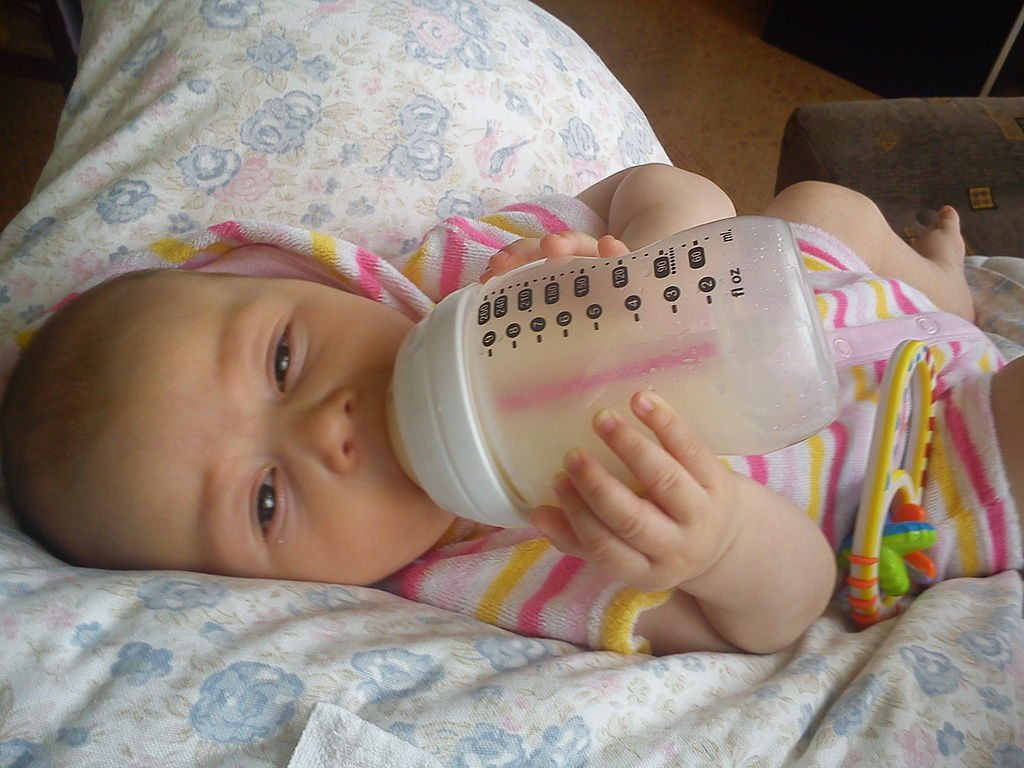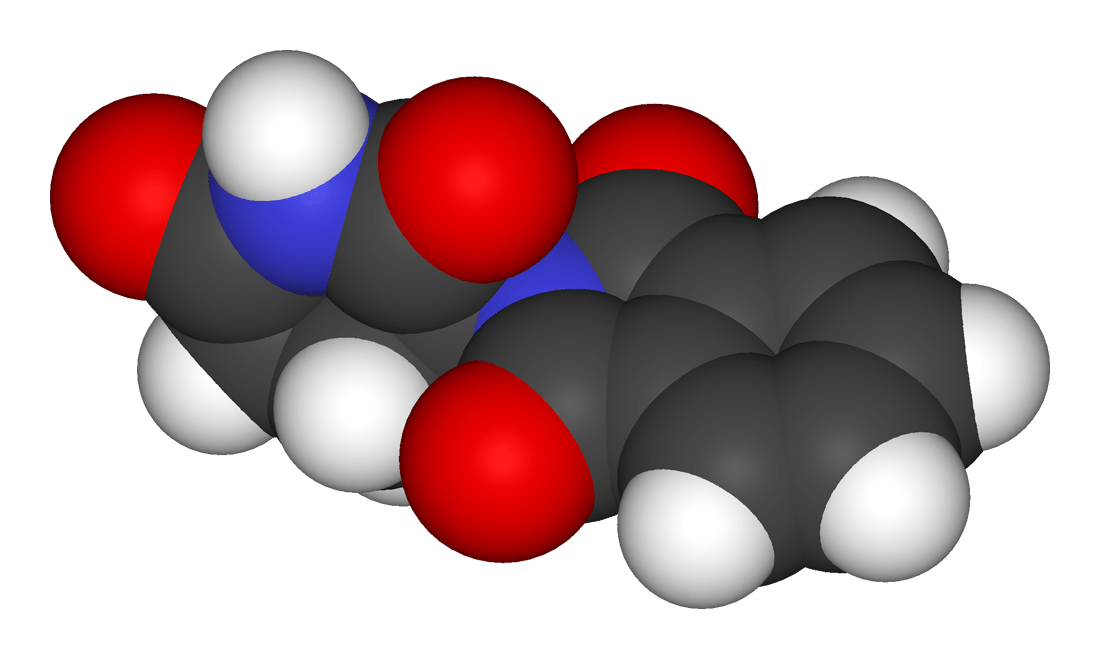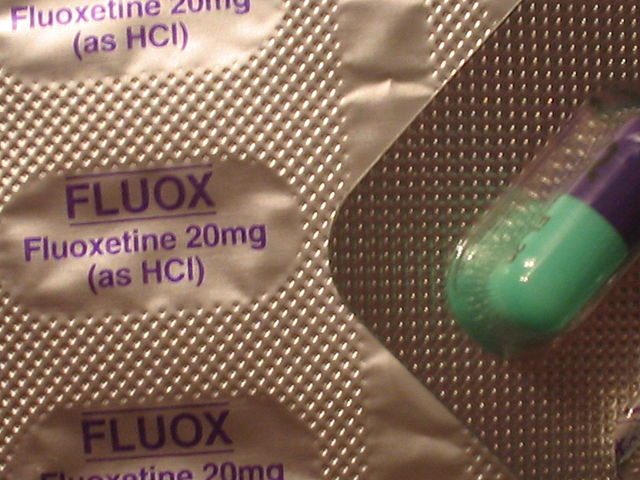Category: Pharmaceuticals
What’s all that other stuff in my medicine?
If you read enough supplement advertisements, like I do, you’ll often see the purity of a product often cited as one of its merits. It’s usually some phrase like: Contains no binders! No fillers! No colours! No excipients! No starch! No gluten! No coatings! No flow agents! It’s a point of pride for supplement manufacturers to advertise that their product contains nothing...

Understanding and Treating Colic
Parenting an infant can be totally overwhelming. One of the earliest challenge many face is learning to deal with periods of intractable crying. I often speak with sleep deprived parents when they’re looking for something — anything — to stop their baby from crying. They’ve typically been told by friends of family that their baby must have “colic” and they’ve come to...
Comparative Drug Research
The latest issue of the BMJ contains an editorial recommending that regulators (this is in the UK, but the argument applies in the US and elsewhere) should require pharmaceutical companies to provide research on direct comparison to existing therapies as part of the approval process. The authors, Sorenson, Naci, Cylus, and Mossialos, write: When a drug comes to market, evidence on the...
Who’s to Blame for Drug Shortages?
All the best effort to practice science-based medicine are for naught when the optimal treatment is unavailable. And that’s increasingly the case – even for life-threatening illnesses. Shortages of prescription drugs, including cancer drugs, seem more frequent and more significant than at any time in the past. Just recently manufacturing deficiencies at a large U.S.-based contract drug manufacturer meant that over a...
Dummy Medicine, Dummy Doctors, and a Dummy Degree, Part 2.0: Harvard Medical School and the Curious Case of Ted Kaptchuk, OMD
Review The recent albuterol vs. placebo trial reported in the New England Journal of Medicine (NEJM) found that experimental subjects with asthma experienced substantial, measured improvements in lung function after inhaling albuterol, but not after inhaling placebo, undergoing sham acupuncture, or “no treatment.” It also found that the same subjects reported having felt substantially improved after either albuterol or each of the...

Oh yeah? Thalidomide! Where’s your science now?
Online discussions on the merits of alternative medicine can get quite heated. And its proponents, given enough time, will inevitably cite the same drug as “evidence” of the failings of science. Call it Gavura’s Law, with apologies to Mike Godwin: As an online discussion on the effectiveness of alternative medicine grows longer, the probability that thalidomide will be cited approaches one. A...
Tylenol: Safe painkiller, or drug of hepatic destruction?
What do Tylenol, Excedrin Extra Strength, Nyquil Cold & Flu, Vicodin, and Anacin Aspirin Free have in common? They all contain the drug acetaminophen. Taking multiple acetaminophen-containing drugs can be risky: while acetaminophen is safe when used at appropriate doses, at excessive doses, it is highly toxic to the liver. Take enough, and you’ll almost certainly end up hospitalized with liver failure....
Dummy Medicines, Dummy Doctors, and a Dummy Degree, Part 1: a Curious Editorial Choice for the New England Journal of Medicine
Background This post concerns the recent article in the New England Journal of Medicine (NEJM) titled “Active Albuterol or Placebo, Sham Acupuncture, or No Intervention in Asthma.” It was ably reviewed by Dr. Gorski on Monday, so I will merely summarize its findings: of the three interventions used—inhaled albuterol (a bronchodilator), a placebo inhaler designed to mimic albuterol, or ‘sham acupuncture’—only albuterol...

Antidepressants and Effect Size
Antidepressant drugs have been getting a bad rap in the media. I’ll just give 3 examples: On the Today show, prominent medical expert 🙂 Tom Cruise told us Brooke Shields shouldn’t have taken these drugs for her postpartum depression. In Natural News, “Health Ranger” Mike Adams accused pharmaceutical companies and the FDA of covering up negative information about antidepressants, saying it would be considered...
The Neurontin Seeding Trial
Any institution that is based upon science is also dependent upon the integrity of the scientific process, and must guard that integrity jealously. That is certainly one of the missions of Science-Based Medicine. A particular challenge is that medicine is a massively expensive enterprise, and growing in both absolute and relative terms. This means that there is a great deal of money...

